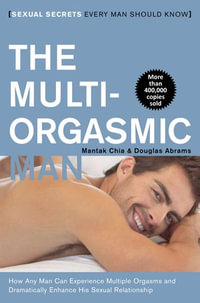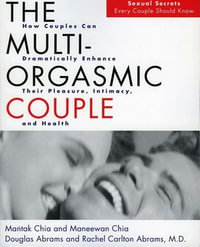Catholic monk Thomas Merton had a special place in his heart for the Chuang-tzu, the third century Chinese text of Taoism. The same can be said for Taoist scholar Livia Kohn who has provided a vibrant modern translation of its philosophical observations, stories, and playful observations. Kohn has assembled insights and interpretations that shed light on these paradoxical messages and animal parables. In the style of the Skylight Illuminations series, the Taoist text is on one page with a facing page of commentary.
The book takes its name from its main writer, Chuang Chou (ca. 370-290 BCE), an erudite government servant who taught his philosophical ideas to disciples, and throughout the text, the sage is referred to as Chuang-tzu. Kohn gives us a sense of his perspective on the "Way" by the thematic heads in the paperback: (1) Universal Patterns, (2) Body and Mind, (3) Self-Transformation, and (4) The New Life. One of the essential messages of this storyteller and mystic is criticism of a life of excess and praise for moderation as an ideal. For the Taoist, even monitoring of the primordial ch'i is important: you want to have this energy flow balanced and not in excess or deficiency.
In one story, Chuang-tzu's wife has died. He scandalizes many relatives by showing up at her funeral with an instrument and singing happy songs. He refuses to weep since she's returning home in his eyes. Of course, the sage is also refusing to run away from the fact of the impermanence of life.
In another selection, the Chuang-tzu equates calmness of mind with giving up the attempt to change the world and relaxing with who we are and where we are in life.
Kohn covers a wide-range of material in her commentaries including the meditative trance, remaining in a state of unknowing, the various aspects of Taoist immortality, the paradox of the Tao which is beyond time and space and in the world, the meaning of the Great Peace, the idea of uselessness, the art of seeing everything in its own right, the ideal of nourishing life, and the ability to know when enough is enough.

























